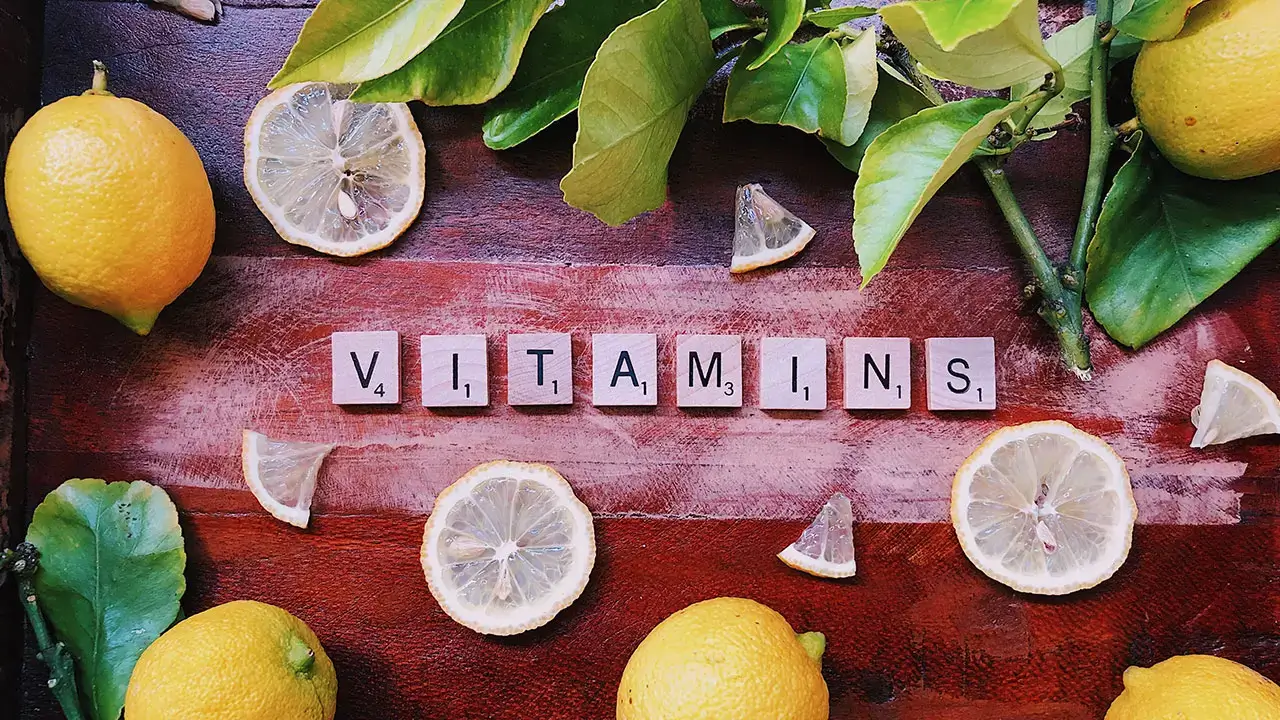Balanced and adequate nutrition stands as one of the fundamental elements for the success of every athlete. Therefore, embarking on the journey of athletic excellence requires more than just rigorous training and protein intake; it demands a holistic approach to nutrition with meticulous attention in every context. In this blog post, we will explore key vitamins that can support the health and performance optimization for athletes.
Vitamin A: Vision and Tissue Repair
The role of vitamin A in healthy vision makes it especially crucial for athletes who rely on visual acuity for sports performance. Additionally, it can provide significant support in sports that require sensitivity and quick decision-making. More importantly, vitamin A plays a vital role in cellular health and supports tissue repair, aiding in recovery after intense exercise or injuries.
Sources of Vitamin A: Carrots, sweet potatoes, spinach, eggs, and liver.
Vitamin B: Provide Energy to the Body
The vitamin B complex, consisting of B1 (thiamin), B2 (riboflavin), B3 (niacin), B6 (pyridoxine), B12 (cobalamin), and folate, is effective in energy metabolism. They contribute to converting food into energy, ensuring the endurance required by athletes for training and competitions. Products like Muscle Cheff L-Carnitine Coffee, enriched with protein, L-carnitine, and vitamin B, can provide the necessary energy when consumed before exercise.
Sources of Vitamin B: Whole grains, lean meats, poultry, fish, eggs, dairy products, beans, and green leafy vegetables.
Vitamin C: Immunity and Healing
For athletes pushing their physical limits, a robust immune system is essential for a consistent workout routine. Vitamin C is a powerful antioxidant that helps combat oxidative stress, supports the immune system, and plays a crucial role in collagen synthesis, essential for maintaining healthy joints and connective tissues.
Sources of Vitamin C: Citrus fruits (orange, grapefruit), strawberries, peppers, and green leafy vegetables.
Vitamin D: Bone Health and Muscle Function
Strong bones are crucial for athletes, providing structural support during intense workouts, and vitamin D plays a vital role in bone health. Additionally, it is linked to increased muscle function and decreased inflammation, reducing the risk of injuries and supporting performance during and after exercise.
Sources of Vitamin D: Sunlight, fatty fish (salmon, tuna), dairy products, and mushrooms.
Vitamin E: Antioxidant Defense
Engaging in rigorous physical activities produces free radicals that can lead to oxidative stress and tissue damage. Vitamin E, a potent antioxidant, neutralizes these free radicals, aiding in cellular protection. Adequate intake of vitamin E contributes to faster recovery and supports cellular health, making it particularly beneficial for endurance sports and intense workouts.
Sources of Vitamin E: Nuts and seeds (almonds, sunflower seeds), spinach, and vegetable oils.
Vitamin K: Blood Clotting and Bone Health
Vitamin K is essential for blood clotting, making it particularly valuable for athletes at a higher risk of injury during training or competition. Additionally, it contributes to bone health by regulating calcium and enhancing athletes’ endurance.
Sources of Vitamin K: Green leafy vegetables (kale, broccoli), Brussels sprouts, and fish.
In summary, athletes can unlock not only performance but also development by embracing the power of vitamins. These micronutrients are not just supplements; they are the building blocks of strength and endurance. Consuming a variety of naturally nutrient-rich foods tailored to individual needs can contribute not only to athletes’ overall health and fitness but also provide a strategic advantage.

